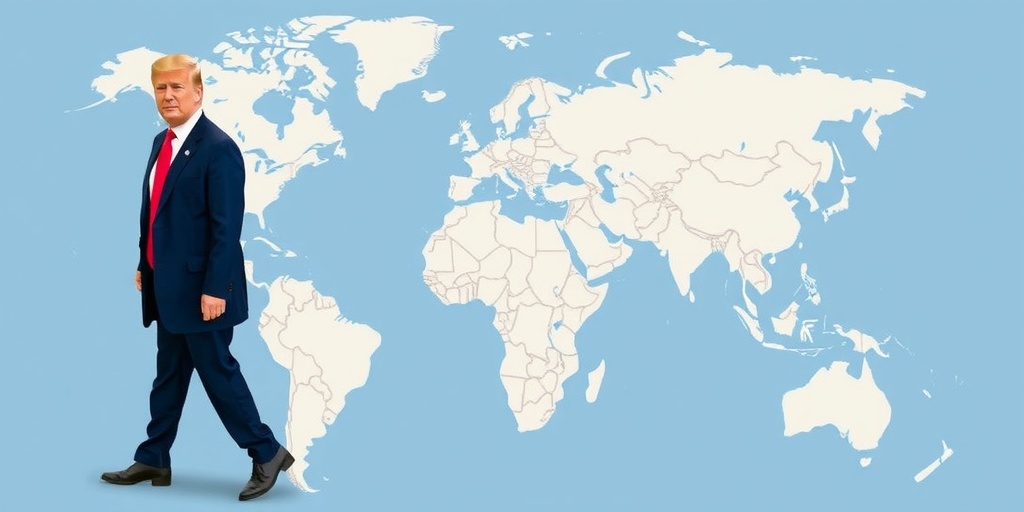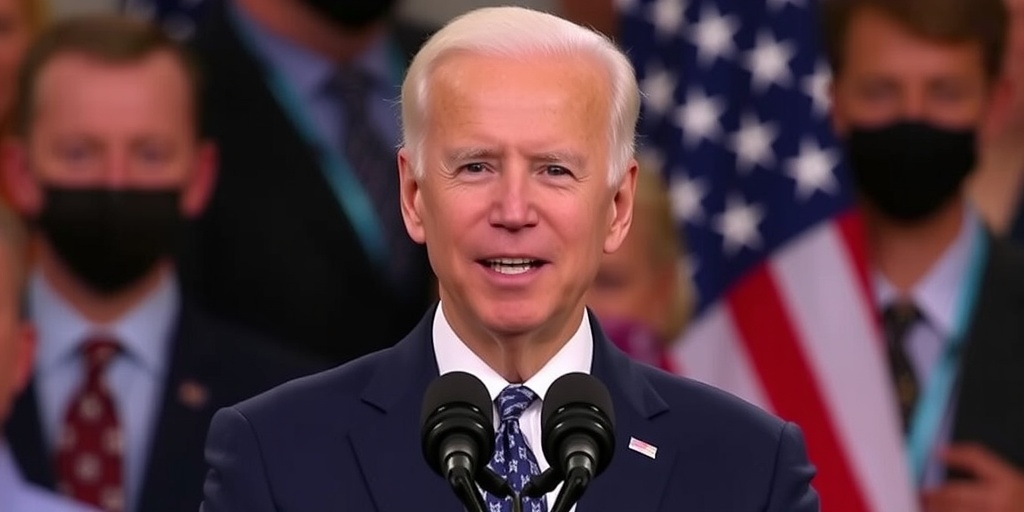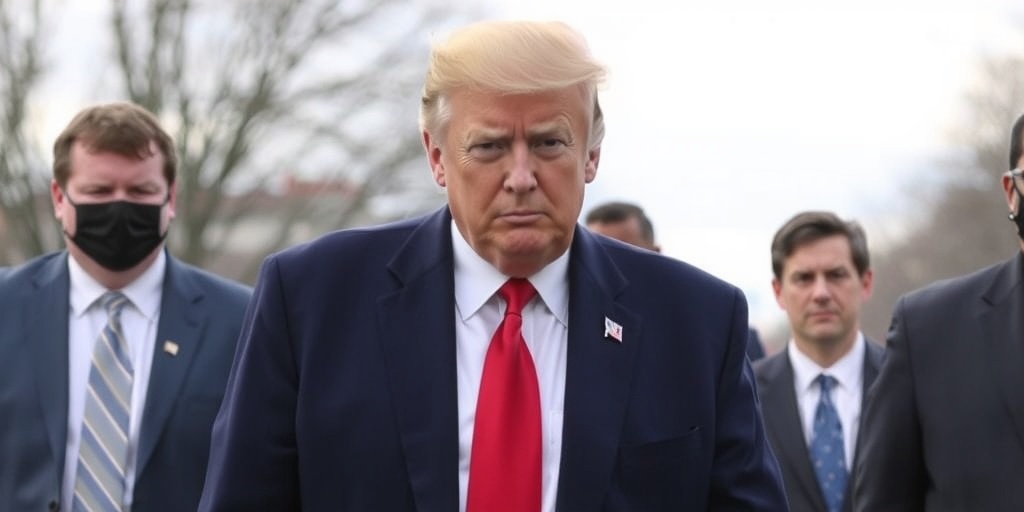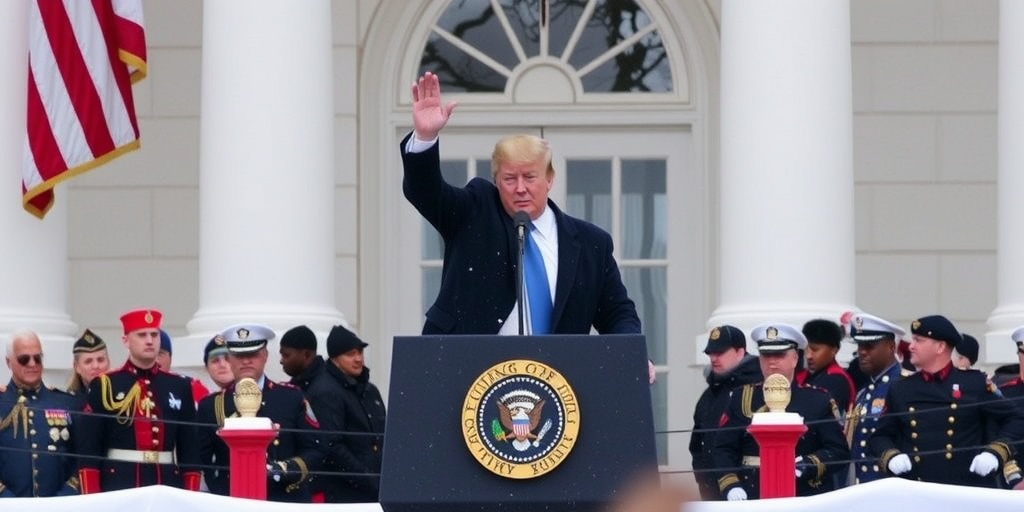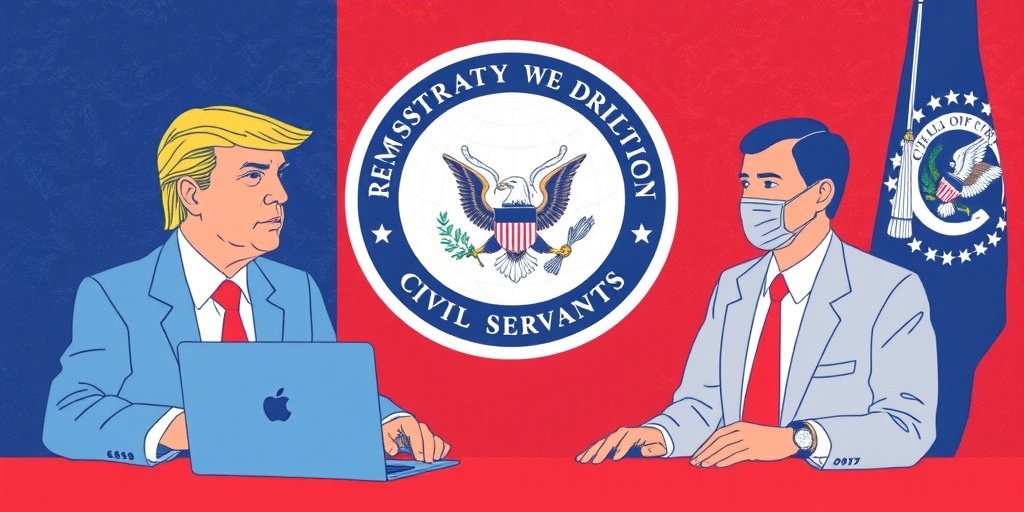Now Reading: Supreme Court Supports TikTok Sale or Ban Law
-
01
Supreme Court Supports TikTok Sale or Ban Law
Supreme Court Supports TikTok Sale or Ban Law
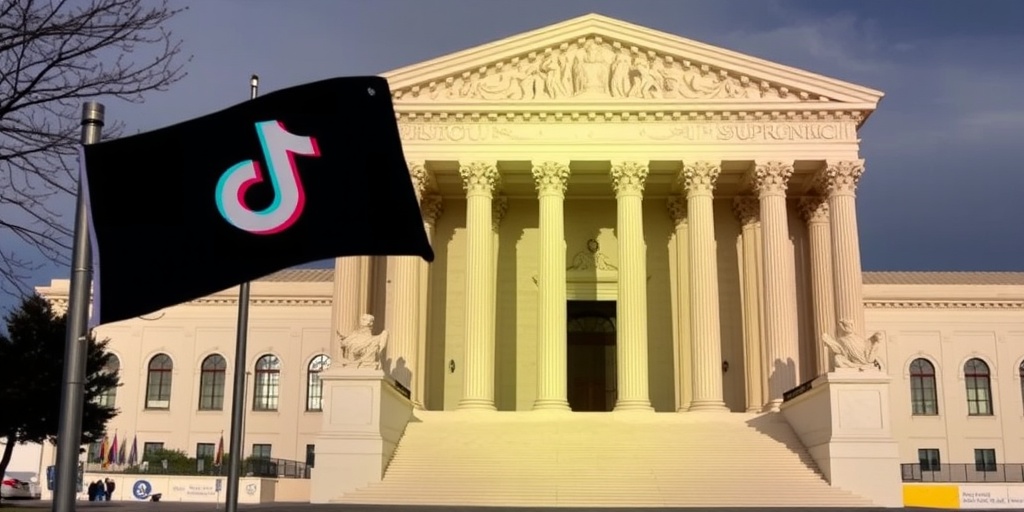
Supreme Court Rules Against TikTok, Upholding First Amendment Challenges to Data Security Law
In a landmark decision on Friday, the Supreme Court ruled against TikTok in a case that has far-reaching implications for the app’s operations in the United States. The unanimous ruling effectively enforces a law that bans TikTok’s operations in the country starting this Sunday, rejecting the company’s arguments that such a ban violates the First Amendment rights of its 170 million American users.
The court acknowledged the significant role TikTok plays as a platform for expression and community engagement among millions of Americans, particularly the younger demographic. "There is no doubt that TikTok offers a distinctive and expansive outlet for expression, means of engagement, and source of community," the court noted. However, it also recognized Congress’s concerns over national security, stating that divestiture of the app was necessary to mitigate these risks associated with TikTok’s data collection practices and its ownership by a Chinese company, ByteDance.
TikTok’s legal team had warned the court that losing the case would lead the app to "go dark," but the timeline for such a shutdown remains uncertain. If app stores like Apple and Google continue to distribute the TikTok app post-ruling, they could face severe penalties under the law that fueled this case.
The ruling came on an expedited schedule, highlighting its urgency amid rising national security concerns. In this context, the justices emphasized the need for caution when dealing with new technologies that can transform communications and information-sharing. Justices Sonia Sotomayor and Neil M. Gorsuch joined in concurring opinions that, while agreeing with the final decision, expressed reservations about some of the reasoning behind it.
The government had presented two major justifications for the law banning TikTok: the potential for the Chinese government to harvest sensitive personal data and the risk of spreading disinformation. The court mainly accepted the data collection concerns as valid. “Data collection and analysis is a common practice in this digital age,” the majority opinion stated. “But TikTok’s scale and susceptibility to foreign adversary control, together with the vast swaths of sensitive data the platform collects, justify differential treatment to address the government’s national security concerns.”
Supporting the governmental authority to address national security, the court recalled a precedent from 2010, which upheld similar laws aimed at countering threats to the United States. “We thus afford the government’s ‘informed judgment’ substantial respect here,” the court asserted. This ruling was timely, as it came just days before the potential implementation of the law was scheduled to occur.
Despite the Supreme Court’s ruling, speculation abounds around future actions by President-elect Donald J. Trump, who has indicated that he might explore issuing an executive order that could allow TikTok to maintain its operations despite the new restrictions. It is yet unclear how such an executive order would be structured or whether it could withstand subsequent legal scrutiny.
The Supreme Court’s ruling was somewhat of a reversal for Trump, who previously attempted to block TikTok and force its sale under his administration. Notably, the CEO of TikTok, Shou Chew, is set to attend Trump’s inauguration, reflecting a significant shift in political dynamics surrounding the app.
In the court arguments, the Biden administration’s counsel outlined that the ban does not have to be permanent; TikTok could potentially restart operations if sold before the deadline. However, TikTok contended in its filings that even a temporary suspension would lead to catastrophic damage, warning that users and content creators would migrate to rival platforms, many of whom may not return.
The law prohibiting TikTok was signed by President Biden and received bipartisan support, rooted in apprehensions about the Chinese government’s ability to access sensitive information or engage in disinformation campaigns. A previous ruling by a three-judge panel of the U.S. Court of Appeals for the District of Columbia Circuit reiterated the national security rationale for this law.
Justice Gorsuch, in his concurrence, highlighted the importance of distinguishing between editorial discretion and potential manipulation by foreign entities. He welcomed the court’s decision to rely solely on public records instead of classified information, emphasizing the constitutional concerns that arise from secret evidence. He concluded, “I am persuaded that the law before us seeks to serve a compelling interest: preventing a foreign country,…from harvesting vast troves of personal information about tens of millions of Americans.”
As debates continue around national security and digital privacy, the decision sets a precedent in the ongoing assessment of foreign ownership of technology companies and their potential implications on American citizens and national security. The final outcome of this case will reverberate across the tech landscape, potentially reshaping how mobile applications operate in relation to national interests.
Stay Informed With the Latest & Most Important News
Previous Post
Next Post
-
 01New technology breakthrough has everyone talking right now
01New technology breakthrough has everyone talking right now -
 02Unbelievable life hack everyone needs to try today
02Unbelievable life hack everyone needs to try today -
 03Fascinating discovery found buried deep beneath the ocean
03Fascinating discovery found buried deep beneath the ocean -
 04Man invents genius device that solves everyday problems
04Man invents genius device that solves everyday problems -
 05Shocking discovery that changes what we know forever
05Shocking discovery that changes what we know forever -
 06Internet goes wild over celebrity’s unexpected fashion choice
06Internet goes wild over celebrity’s unexpected fashion choice -
 07Rare animal sighting stuns scientists and wildlife lovers
07Rare animal sighting stuns scientists and wildlife lovers













